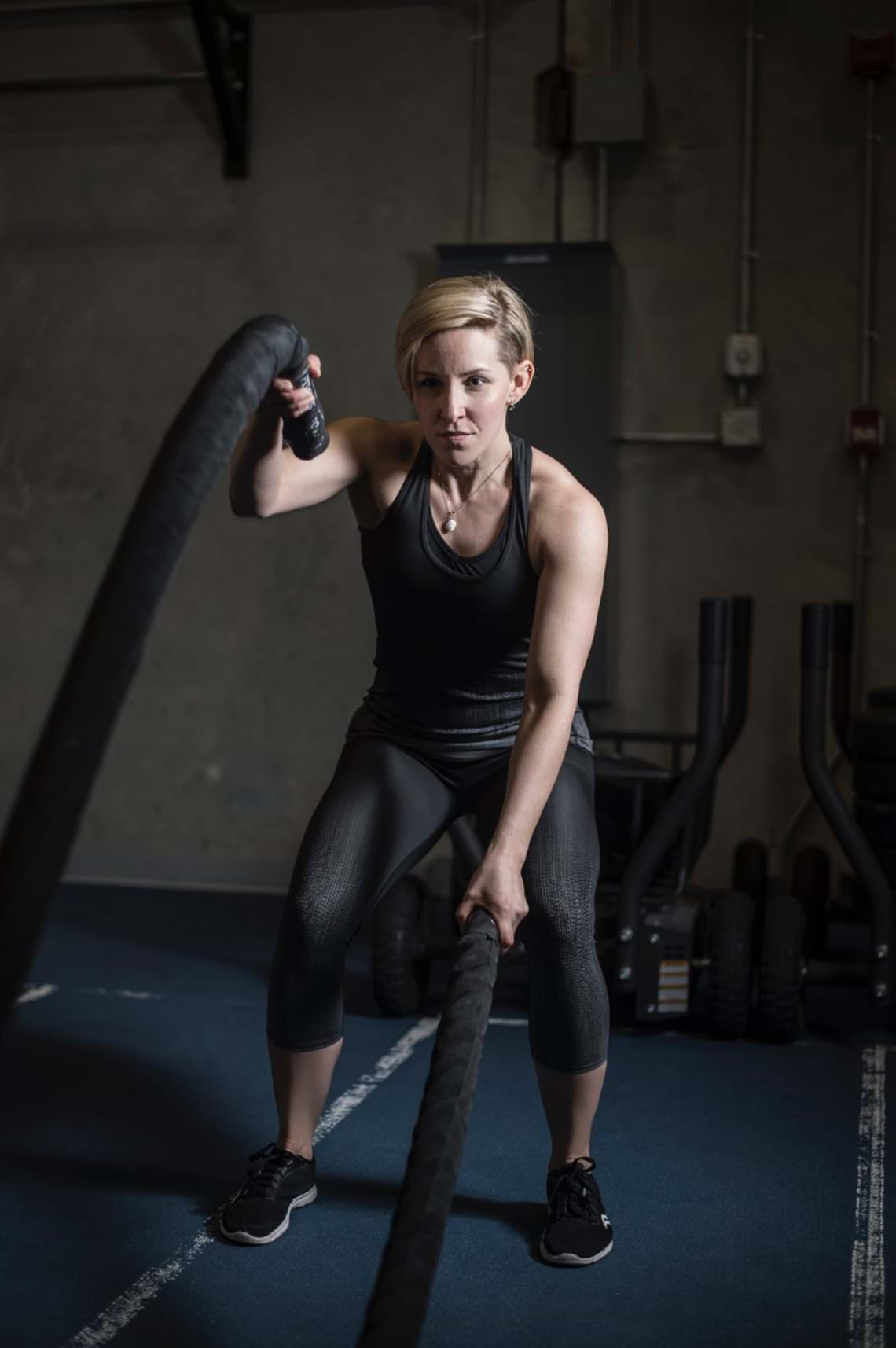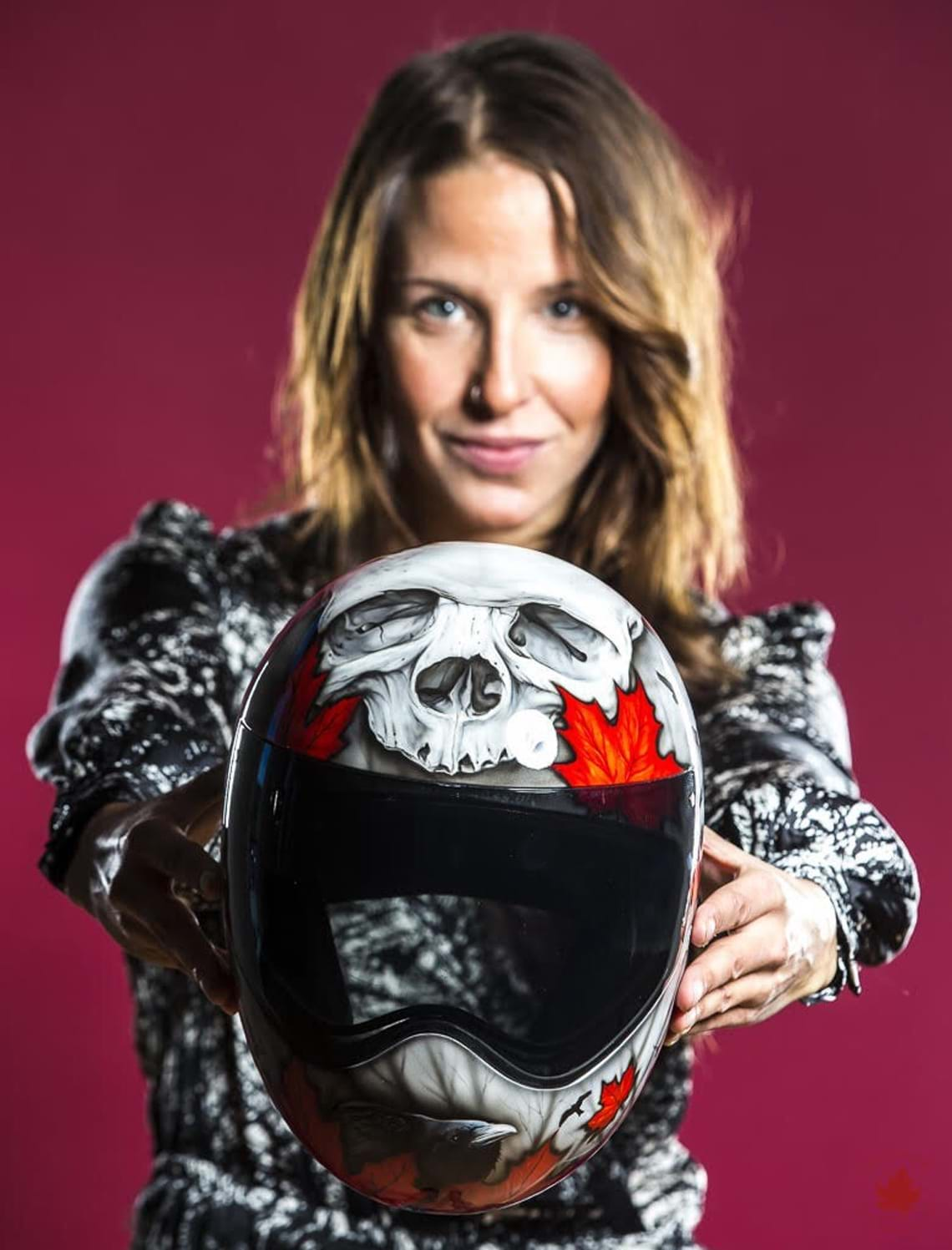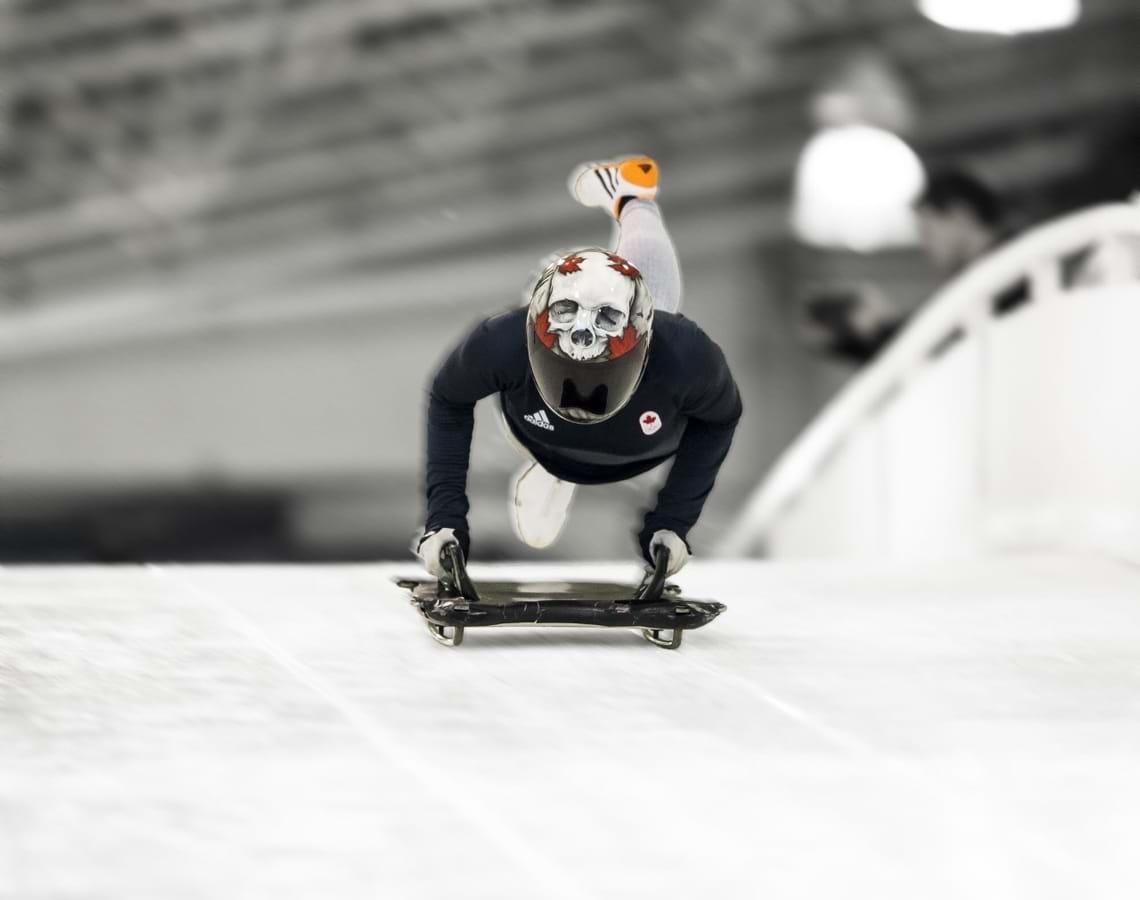Some stories are harder to tell than others.
When it comes to personal stories, I doubt I’m reaching if I say it’s a fact that discussions surrounding our happiest of endings flow with ease, and recounting the darker, more difficult tales feels like swallowing sand.
I’ve often considered that it could have more to do with the way we hear them being told in our own head, or perhaps, more accurately, how we imagine they are being processed within the ears of others that paralyzes us.
However, I also remember how it feels after forging ahead and successfully sharing something vulnerable with someone. That sense of release, of calm. The moment a listener simply nods and says, “I get it.” It’s in that instant that we truly connect as humans and exactly why I want to share with you.
For as long as I can remember I have insisted on doing things my own way.
As a child, on numerous occasions, those around me could be heard saying, “You must really like to do things the hard way!”
I can attest to the truth in their statement, though: I have two major scars on my face because of my actions. One very close to the outside edge of my right eye. The other just off-centre on the bridge of my nose.
Both incidents were preceded with a single warning, “Cassie, don’t do that!”
Well, I did them anyway.
Sure, this could all be labeled as “poor listening skills” or “a flare for the dramatic” (neither of which I can deny), but the truth is, this has always had more to do with a deep-rooted desire to find out for myself, to know for certain, to leave no lingering doubt in my mind.
Later in life, however, the warnings were a bit less obvious.
As a smart and determined teenager, I was in love with the sport of volleyball and the art of storytelling. I thrived in moments filled with structure and positive reinforcement. I wanted to win, to be the best, and to check off every item on my list along the path to my future. At the time that meant getting into university with a Communications or Journalism program, being on the varsity volleyball team, and moving away from my home province of Manitoba.
With a good amount of interest from American schools, some cross-border financial limiters, and a finite amount of communications program options were annoying, to say the least. But that didn’t slow me down. Instead, I travelled more than 2,000 kms to successfully try out for a Canadian university women’s team at a school with a communications program that, despite having sent them a recruitment package, had previously shown no interest in me. But as far as I knew, I had it all figured out.
A few months into my master plan, I returned from an away game with the team. I was settling into my dorm room when the phone rang.
“Hello?”
“Hi Kitten, it’s Mom.” Her voice was shaky and I immediately knew something was terribly wrong.
My head began to spin and I blurted out, “What’s the matter?”
“Don’t worry,” she said, “but your Dad has had a heart attack.” I barely remember breathing during the rest of that phone call. She said Dad was just coming out of quadruple bypass surgery and was still alive; she would call with an update as soon as she knew more. With that, I hung up.
At 18 years of age, I suddenly felt 80. My body fell onto floor, my face landing in my hands. I don’t know long I stayed that way, but it was how my roommate found me when she got home.
Dad would make a full recovery, but I never felt the same. Day in and day out I went through the motions: school, volleyball, friends, but my heart wasn’t in it. Ultimately, falling on my face in this instant had left another scar but this one signalled change.
I tried to come back in my second year with a new outlook but I was checked out. As hard as it was to say goodbye to the amazing girls on the team, a much more certain path to graduation, and all the new people I had only just begun to forge connections with, I left.
In true ‘do it the hard way’ fashion, I committed to choosing a new school, focusing this time on one with a dedicated journalism program and holding firmly rooted in my belief in, “You already made one team, you can do it again.” It’s important to note my decision was swayed by a pre-existing relationship. I leaned heavily on the support and wanted to believe it was lasting and was going to make it all easier.
It didn’t, and waltzing up to a new university in an entirely new province vying for 1 of 26 journalism program spots wasn’t easy either. Finding a way to connect with the volleyball team was a bit simpler; I even positioned myself to play with the women’s crew in the out of season Spring League. Once again, I was telling everyone that I had it figured out.
Yes, despite a breakup and an uncertain path for my degree, I would check off all the items and I would be back on my future path.
Perhaps in an ironic twist of the calendar, the final day of the university’s women’s Varsity Volleyball tryouts landed on Father’s Day. I played well and showed my stuff so when the coaching staff called me into the office for the final chat, I was confident.
“Cassie, great work this weekend,” the head coach said.
“Thank you, I can’t wait for this season to begin,” I replied.
Then there was a long pregnant pause. My eyes began to frantically dart from one assistant coach to another and one by one they started to look at their feet.
“We were going to keep you,” the coach began, finally breaking the silence, “but we changed our minds.”
My face went blank. I don’t think I said anything, but I do remember nodding, standing up and simply walking out.
Once I got outside, I spotted my parents in their black truck. Dad got out when he saw me exit the gym. As he approached me, he said, “So, how’d it go?”
I fell face-first into his shoulder, sobbing uncontrollably.

I can tell you, in that moment, I was one hundred percent certain my life was over. Every past instant of self-doubt or negative feedback I’d ever received rushed over me like a tidal wave of failure. When I recall this memory, I can put my heart right back into it. Doesn’t that speak volumes to the power of our minds?
After that day, I could have easily given up on my athletic dreams. And I knew people would have understood. Heck, I was still waiting to hear whether or not I was to be accepted into the School of Journalism, so there was that, right?
Wrong. I refused to let this scar dictate my next move. Or rather, failed to realize that it had.
I focused on what I knew to be true: that I was athletic and determined. So, I cold-called the university track and field coach and convinced her I needed to try out. Years later, she would tell me that she barely had time to write down my name before I was inviting myself to training, but in the end, it was a fit.
I spent months eating multiple servings of humble pie. Becoming a multi-eventer (Heptathlete) meant learning not one, not two, but seven different events with female athletes who had been training in this sport since they first learned to walk. I was 21 years old, had been accepted into the School of Journalism, and was the only student-athlete to do so. I refused to look back, even during the many moments I literally fell on my face while being taught to properly hurdle, jump, throw, and endure the blinding pain of lactic acid-filled workouts.
The four years I spent as a member of the track and field team were incredible. I even ran the 400m Hurdles for two additional years after graduation, and it was through the connections I made in athletics that lead me to my introduction to Skeleton. The sport for which I am much more well known.
“How did you even get into Skeleton?” is probably the most common question to any athlete who consciously chooses to launch themselves head-first down an icy canal on a tiny metal sled, reaching top speeds of more than 140km/h.
I get it; it sounds crazy, but falling face-first had kind of become my thing.
So, once I was presented with an opportunity to learn how to steer the fall, to create even more speed on the way down, and potentially travel the world representing Canada, I was in.

Despite my recent retirement from Team Canada and a long list of achievements in a relatively short time (8 years), I have always said it wasn’t crazy. Falling into it was exactly where I was meant to end up and will forever be another beautiful ‘scar’ in the makeup of who I am.
There are unending challenges to keeping the balance in life, but we must keep moving. Life is hard. Sometimes, it’s really f*ing hard. We push, we pull, we grasp, and we clutch. There are times that we fall and other times we stand triumphant. Through it all, we must acknowledge the rivals and moments that knock off our edges because they ultimately show us who we are.
Our journeys will always have the power to transform us; should you take but one thing from my story, consider this: it’s not the act of falling where the transformation occurs, it’s where you point yourself on the way down.
I am not what happens to me. I am what I choose to become.

